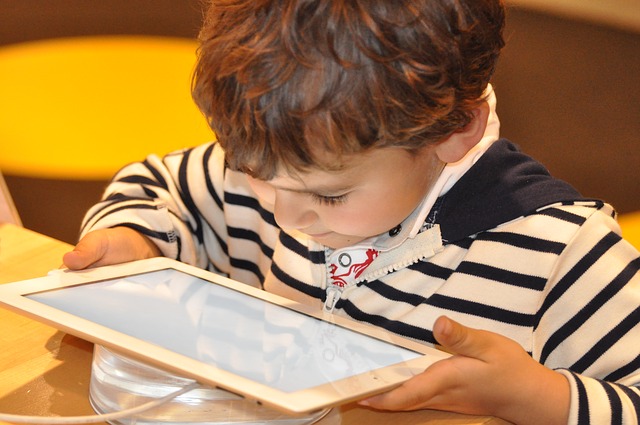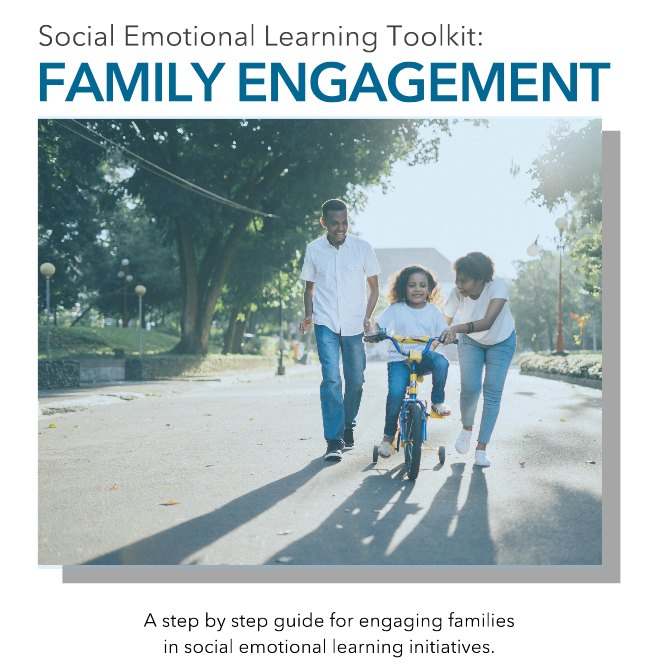 Digital technologies have added a new element of anxiety to family life for many parents. A lot of kids now have access to mobile devices, which brings up parent concerns that kids aren’t learning to interact with people, spend too much time on devices and no longer play outside.
Digital technologies have added a new element of anxiety to family life for many parents. A lot of kids now have access to mobile devices, which brings up parent concerns that kids aren’t learning to interact with people, spend too much time on devices and no longer play outside.
Sara DeWitt of PBS Kids Digital says some of parents’ deepest fears could be holding them back from seeing the potential of digital technology.
In this article in KQED News’ Mind/Shift, DeWitt allays some common misconceptions:
Screens are passive. While some activities on devices are passive, not all are. DeWitt describes games she tested that had kids pretending to be the animals they saw on the screen. And, when adults shut off the device kids continued pretending to be animals.
Digital games waste time that kids should be using to learn. Again, there are digital products that don’t offer much learning potential, but increasingly researchers are interested in the data behind game play. A group of UCLA researchers wanted to know if the back-end data from a Curious George math game produced by WGBH could predict preschoolers’ scores on a standardized test. They found that even though the game was not built to assess math, the choices a player makes while playing says a lot about cognition.
Screens isolate. Research around digital media and parenting shows that kids learn a lot when their parents interact with them about the digital media they are consuming. The back and forth conversations that have always been a bedrock of child development still hold true, but digital technologies can add content to those conversations.
Read the full article here. You may also listen to DeWitt’s TED talk to learn more.
Have questions? CHC can help. To schedule an evaluation or to get advice about your child’s challenges, call or email a CHC Care Coordinator at 650.688.3625 or careteam@stage.chconline.org





